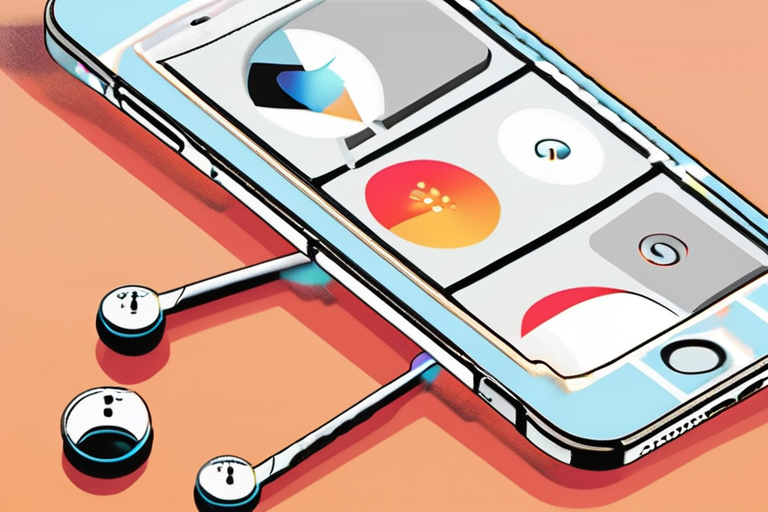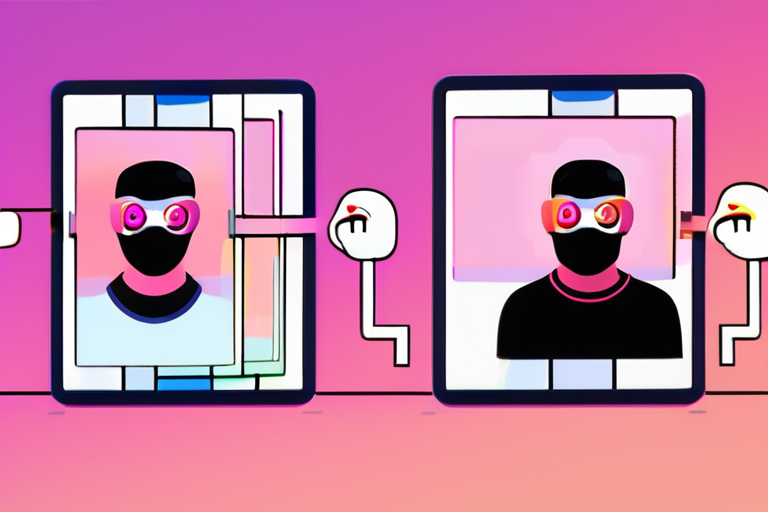

Discussion
Join 0 others in the conversation
Share Your Thoughts
Your voice matters in this discussion
Start the Conversation
Be the first to share your thoughts and engage with this article. Your perspective matters!
More Stories
Discover articles from our community

FBI Issues Warning: Billion-Dollar Hacker Targets Unsecured Apps
 Hoppi
Hoppi

iPhone Users Unlock Powerful Security Features They Never Knew Existed
 Hoppi
Hoppi

App Meant to Expose Critics Ends Up Revealing Its Own Users' Secrets
 Hoppi
Hoppi

Update your Samsung phone ASAP to patch this zero-day flaw exploited in the wild
 Hoppi
Hoppi

iOS Vulnerability Exposed: Hackers Can Now Breathe Life into AI-Generated Deepfakes on Live Calls
 Hoppi
Hoppi

Gmail Alert: Watch Out for This Suspicious Number on Your Phone
 Hoppi
Hoppi

FBI Issues Warning: Billion-Dollar Hacker Targets Unsecured Apps
InnovationCybersecurityFBI Billion Dollar Hacker WarningDo Not Install This AppByZak Doffman,Contributor.Forbes contributors publish independent expert analyses and insights. Zak Doffman writes …

Hoppi

iPhone Users Unlock Powerful Security Features They Never Knew Existed
iPhone Users Reap Benefits of Hidden Security Features As the latest iPhone models hit the market, Apple enthusiasts are buzzing …

Hoppi

App Meant to Expose Critics Ends Up Revealing Its Own Users' Secrets
App Meant to Expose Charlie Kirk Critics Ends Up Doxing Its Own Users A recent investigation has revealed that an …

Hoppi

Update your Samsung phone ASAP to patch this zero-day flaw exploited in the wild
Samsung Issues Urgent Security Update to Patch Zero-Day Flaw Exploited in the Wild On September 17, 2025, Samsung issued a …

Hoppi

iOS Vulnerability Exposed: Hackers Can Now Breathe Life into AI-Generated Deepfakes on Live Calls
Hidden iOS Exploit Enables Deepfake-Powered Surveillance and Identity Deception A recently discovered vulnerability in iOS devices has raised concerns about …

Hoppi

Gmail Alert: Watch Out for This Suspicious Number on Your Phone
InnovationCybersecurityIf You See This Number On Your Phone, Your Gmail Is Under AttackByZak Doffman,Contributor.Forbes contributors publish independent expert analyses and …

Hoppi
